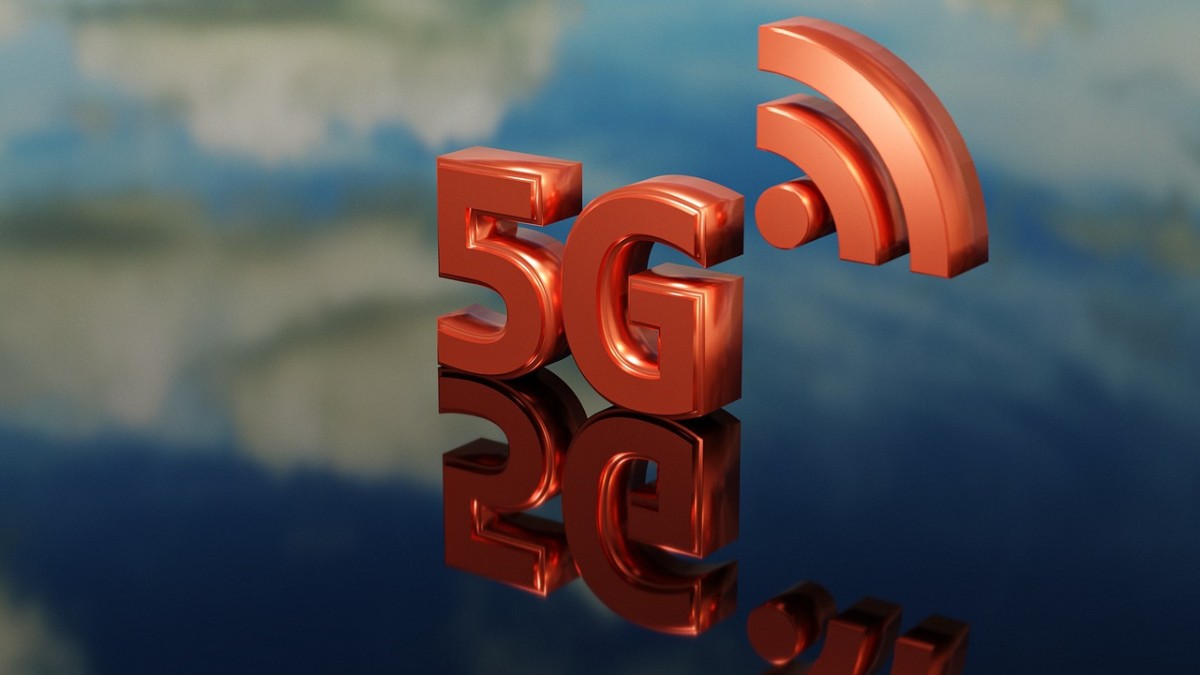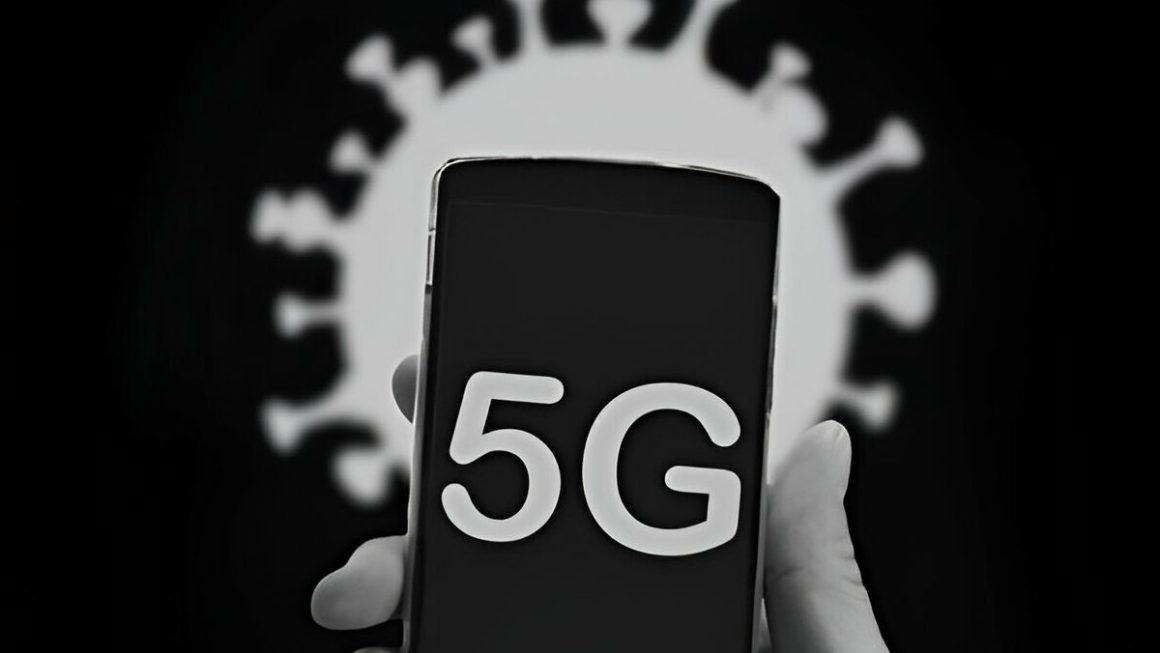We are entering a new era of the Internet. 5G technology is starting to disrupt mobile communications and the Internet of Things (IoT). The transition from 4G to 5G is not a small change. This shift is significant. It is expected to fundamentally change how we engage with the many devices in our environment. 5G technology provides faster data rates, lower latency, and more capacity. It establishes the foundation for innovations that will revolutionize technology as we know it. People who wish to stay ahead of this digital revolution are using systems like Hellspin login, which shows how much demand there is for fast and reliable internet. The user experience is enhanced as a consequence.
What is 5G?
5G stands for fifth-generation mobile network technology. It is far faster than 4G. It can accommodate more devices, provide more consistent communication, and have reduced latency. The deployment of 5G is crucial at a time when the typical person owns a growing number of linked devices.
Enhanced Mobile Connectivity
One of the most notable benefits of 5G technology is its impact on mobile connectivity. 5G offers users substantially faster upload and download rates. 5G has the potential to offer speeds of up to 1 Gbps, whereas 4G may only offer up to 20 Mbps. There are more advantages to this speed boost besides faster web page loads. It also means uninterrupted HD video streaming, lag-free gaming, and flawless video calls. These benefits improve communication in social and professional settings.
5G reduces latency as well. Latency is the amount of time a signal takes to travel to and from a source. As such, it becomes almost real-time. This modification is necessary. Applications that need for quick responses need it. For example, in surgical robots and self-driving cars.
Revolutionizing the Internet of Things (IoT)
The Internet of Things (IoT) is one area where 5G technology truly shines. The Internet of Things (IoT) is a network of physical items, or “things,” that have sensors, software, and other technologies built in them so they can communicate with other systems and devices via the internet and exchange data. These gadgets range from high-tech industrial gear to commonplace home appliances like washing machines and refrigerators.
For IoT, 5G’s capacity to connect more devices effectively and dependably is revolutionary. 5G is more capable. Some claim that it can accommodate a million devices per square kilometer. This capacity is essential due to the exponential growth of IoT devices, which is predicted to reach 41 billion by 2027. 5G is able to process massive amounts of data quickly. Scaling IoT systems requires having this capability.
Impact on Smart Cities and Industries
The rollout of 5G is expected to transform numerous industries, including smart cities. 5G facilitates infrastructure and resource management in smart cities. IoT applications such as traffic management, smart grids, and public safety systems are supported. These applications rely on networks. The networks must manage huge amounts of data. The data is produced in real time by many devices.
Other sectors benefiting from 5G technology include manufacturing, logistics, and healthcare. For instance, 5G enables the application of intelligent automation in manufacturing. It raises production safety and efficiency. 5G-enabled automated systems and real-time tracking in logistics boost productivity and cut expenses. In the meantime, 5G-enabled IoT devices in the healthcare industry can facilitate remote surgeries that require real-time data transmission and can even monitor patient health more effectively.
Challenges and Future Prospects
5G technology has many advantages. But, there are many obstacles to its adoption. These include infrastructure costs, security issues, and the need for coverage. It is expensive and complicated to install new network infrastructure in order to enable 5G. Also, as the network expands, it becomes harder to secure more linked devices.
Nevertheless, there is no denying that 5G technology has bright future potential. The full potential of 5G will become clearer when more areas adopt it. They need to incorporate it into their digital infrastructure. This will open the door for more creative applications and revolutionize the way we work, play, and live.
In summary, 5G technology is a critical building block for the Internet of Things and digital communication in the future, not just for improving mobile connectivity. The significance of this technology will only grow as it develops further, advancing numerous sectors and completely altering the way we interact with the world.
Also Read: Altina Schinasi – Designer and Inventor of Cat Eye Harlequin Glasses




